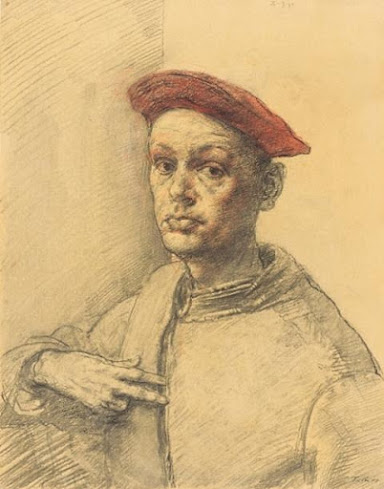Rüdiger Nehberg, also known as 'Sir Vival', (1935 – 2020) was a German human rights activist, author and survival expert.
Nehberg described
himself as having "No astrological sign, no church, no hair, and no clip
in the ear (the latter means: he is a maverick)".
Nehberg
initially became a pastry chef by trade, but increasingly turned his attention
to outdoor survival. He would finally sell his three bakeries and live from his
books and lectures.
In 1972, together with two friends, he became one of the first to travel the length of the Blue Nile in a home-made boat. Since 1980, he has been involved in defending the interests of the Yanomami Amerindian tribe. With his enterprise, "The Tree" (crossing the Atlantic Ocean on a fir-tree in 2000), he contributed to the provision of a protected reservation for the Yanomami. In 1981 – followed by a camera team – he crisscrossed Germany without any special equipment and relying for his sustenance solely on what he was able to find in nature. In 1987, Nehberg crossed the Atlantic Ocean in a pedal boat.
In September 2000, he founded the human rights organization TARGET to prevent the practice of female genital mutilation (FGM). For his commitment to endangered peoples, Nehberg was awarded the Bundesverdienstkreuz ("Federal Cross for Merit"). In November 2006, TARGET organized and financed a conference under the patronage of the Egyptian Great Mufti Ali Gomaa at Al-Azhar University of Cairo. As a result of the conference, leading authorities of Islamic law denounced genital mutilation.





















































